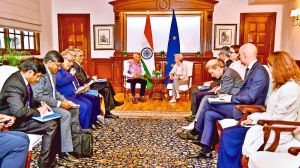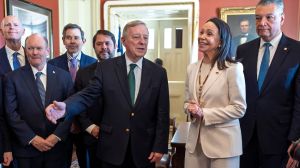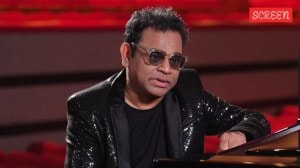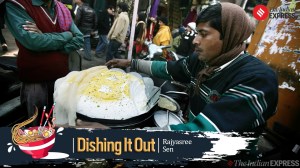Li suffered a sudden heart attack on October 26, and passed away early the next day at the age of 68, state media announced. Li was ousted from the Politburo at the National Congress of the Communist Party in October 2022, and he was replaced as Premier by Li Qiang in March this year.
Li served as the Chinese Premier for a decade. While his term was set to end in 2023, his ouster and reduced role in recent years reflected the dimming of his influence under President Xi Jinping. While in power, he was involved in major aspects of Chinese policy.
Youth League origins, China’s youngest governor
Li hailed from Dingyuan County in China’s southeastern Anhui Province. He earned a degree in Law and a PhD in Economics from Peking University. Early on, Li became associated with the Communist Youth League, the CCP’s organisation for the youth, and eventually became the governor of Henan province in 1998. He was China’s youngest-ever governor at the time. Later, he became a part of the CCP Politburo’s Standing Committee in 2007.
Li was once seen as the possible successor to Hu Jintao, who was the Chinese President and General Secretary of the CCP from 2003 to 2013. Hu was eventually succeeded by Xi Jinping.
 India’s Prime Minister Narendra Modi and Chinese Premier Li Keqiang attend the 3rd Regional Comprehensive Economic Partnership (RCEP) summit in Bangkok, Thailand, November 4, 2019. (REUTERS/Athit Perawongmetha/File Photo)
India’s Prime Minister Narendra Modi and Chinese Premier Li Keqiang attend the 3rd Regional Comprehensive Economic Partnership (RCEP) summit in Bangkok, Thailand, November 4, 2019. (REUTERS/Athit Perawongmetha/File Photo)
‘Man-made’ stats and the ‘Keqiang Index’
His academic background and ability to directly communicate with Western counterparts in English were seen as giving Li a unique position among other Chinese leaders.
Li also took a keen interest in economic policy, championing the opening up of the Chinese economy that first began in 1978. An old video of Li saying this policy would not change “just as the course of the Yangtze and Yellow rivers will not be reversed” was also being shared on Chinese social media websites after news of his death broke.
Story continues below this ad
When he met the American Ambassador in 2007, a leaked conversation between them made waves. Li was heard saying that GDP figures in Liaoning, the province where he was then party chief, were “man-made” and unreliable. A US State Department memo of the discussion was released by WikiLeaks.
This led the UK-based magazine The Economist to create a “Keqiang Index”, which would measure economic activities and growth based on the metrics Li suggested: the cargo volume on the province’s railways, electricity consumption and loans disbursed by banks.
Why Li Keqiang lost out to Xi Jinping
Li and Hu Jintao were both members of Xi’s rival “tuanpai” or populist faction within the CCP – members who were part of the Youth League – but this group has been sidelined in recent years as Xi has consolidated his power. During this time, Xi gave prime positions to people he perceived to be royal, and removed others considered as potential challengers.
Wen-ti Sung, a China expert at the Australian National University told The Guardian in an obituary for Li that his “decade-long tenure also saw a general inability to prevent the political decline of Li’s and his mentor Hu Jintao’s power base, the Communist Youth League”.
Story continues below this ad
A 2022 article in Nikkei Asia, published around the commemoration of 100 years of the CCP’s founding, also noted the decline of the Youth League. “When he first assumed the role of the Communist Party’s general secretary, Xi’s power base was not as strong as it is today. It is believed that Xi was wary of the clout held by the Youth League, given the organization’s deep bench and tight solidarity,” it said.
As for Li’s own performance, there were also some questions raised during his two provincial governorships, “and a general public perception of his ‘bad luck’ (there were three major fires in Henan during his time in office)”, The Diplomat wrote. An HIV AIDS epidemic in Henan in 1998 also led to criticism come Li’s way.
The economic policy czar he could not be
Initially, Li was expected to take over the economic sphere, as is the case with Chinese Premiers, as the Presidents oversee matters related to the party, politics and foreign affairs.
Barclays Capital economists at the time came up with a term for Li’s policy approach, ‘Likonomics’, which would include “no stimulus, de-leveraging of assets (reducing debt through selling-off assets) and structural reform”. And while Li’s efforts on cutting taxes and his pitch for removing red-tapeism were lauded, the concentration of power under Xi has limited what he could do in the role.
Story continues below this ad
In his farewell speech as the Premier in March 2023, Li again spoke about the need for economic reforms. Sung told The Guardian that Li would likely be remembered as having “looked out for the little guys”, citing Li’s statement during the pandemic: “600 million Chinese people still make barely 1,000 RMB a month. After Covid people’s livelihood should be our priority.” However, she said, “He would also be remembered for what ‘could have been’”.

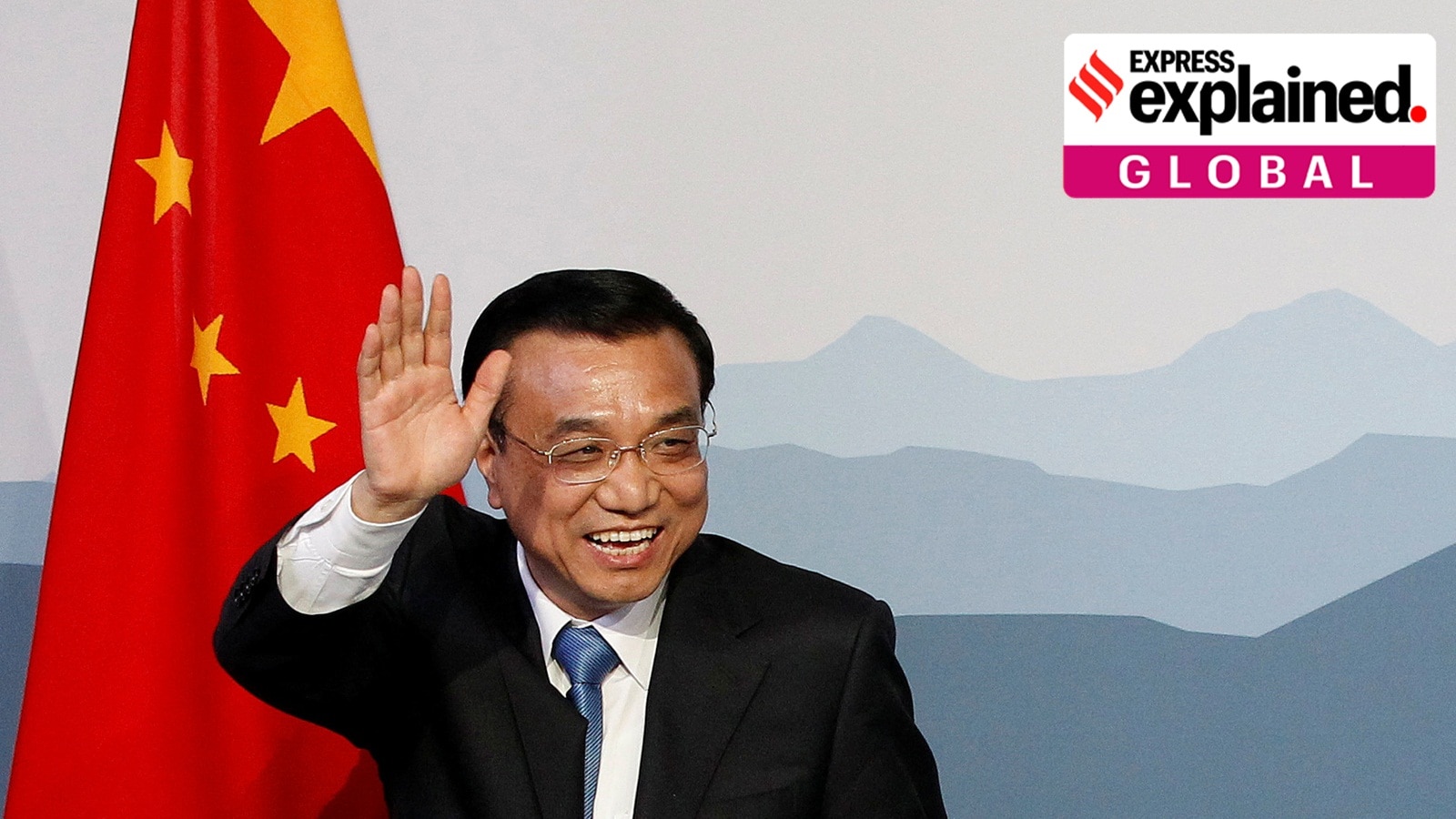

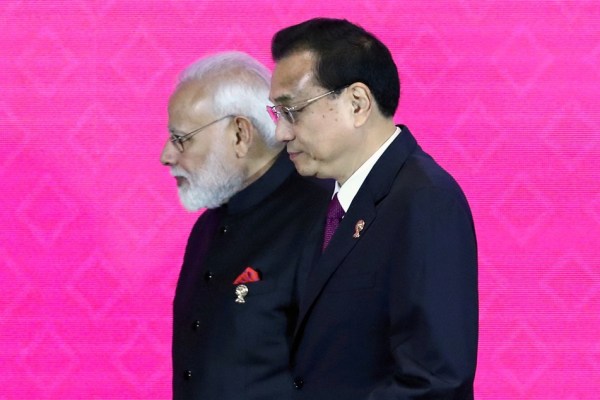 India’s Prime Minister Narendra Modi and Chinese Premier Li Keqiang attend the 3rd Regional Comprehensive Economic Partnership (RCEP) summit in Bangkok, Thailand, November 4, 2019. (REUTERS/Athit Perawongmetha/File Photo)
India’s Prime Minister Narendra Modi and Chinese Premier Li Keqiang attend the 3rd Regional Comprehensive Economic Partnership (RCEP) summit in Bangkok, Thailand, November 4, 2019. (REUTERS/Athit Perawongmetha/File Photo)










